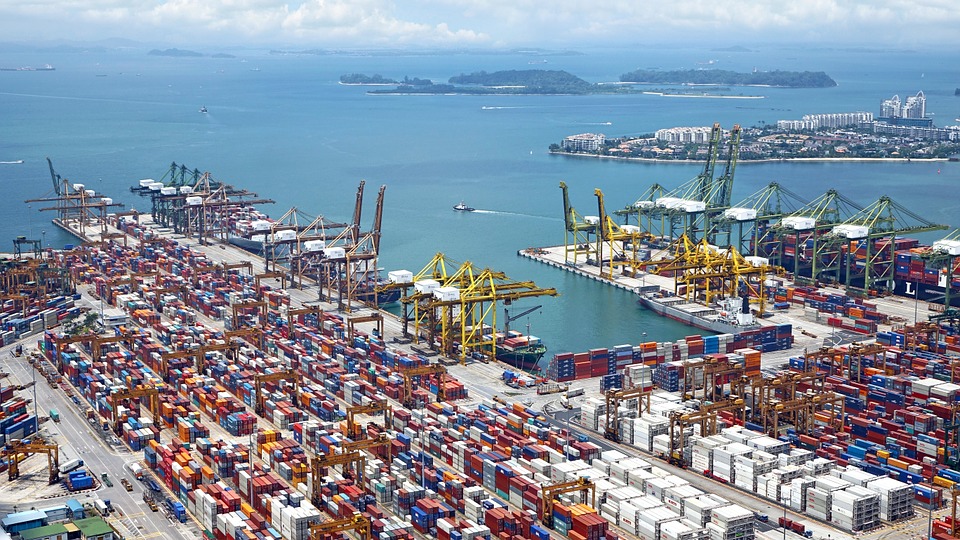More recently, however, cargo ships have hit major congestion at America’s west coast ports. Scores of ships are backed up and waiting to enter the U.S., leading to further bottlenecks. This heavy backlog has driven up the price of cargo delivery from China to five times higher than it was a year ago.
One consequence is that U.S. consumers are now facing product shortages. But many domestic producers are also stuck — since they’re waiting on the imported components required for final product assembly. And that simply exacerbates this cycle of product shortages.
News pundits have made much of this issue. But they continue to ignore the obvious solution — start making more goods entirely in the U.S. That would be the common-sense answer to continually waiting on the delivery of materials and products from China.
A practical example of such a “Made in America” approach is Z Modular, which manufactures large-scale housing projects at facilities in Texas, Arizona and Alabama.
To build its multi-family homes, Z Modular uses a lot of structural steel and other construction materials. But because the company sources its materials from the U.S. and North American suppliers, it has avoided many of the product shortages affecting other manufacturers. In fact, the company president, Mickey McNamara, says that Z Modular does not buy any products from China — a strategy that has helped to insulate it from the current supply chain crisis, particularly when demand for multi-family housing remains high.
This is a good lesson for policymakers in Washington. It’s past time for America to rebuild its domestic manufacturing base. Doing so could help reduce a dangerous national dependence on China — and ensure that, in the event of another pandemic, the U.S. doesn’t face more shortages of everything from household goods to medical equipment.
For too long, policymakers have championed cheap imports as a cure-all for the U.S. economy. But that has led to the current over-dependence on imports. It’s an unnecessary risk for the nation’s economic security. The solution is obvious — start manufacturing more materials, products and equipment at home.













